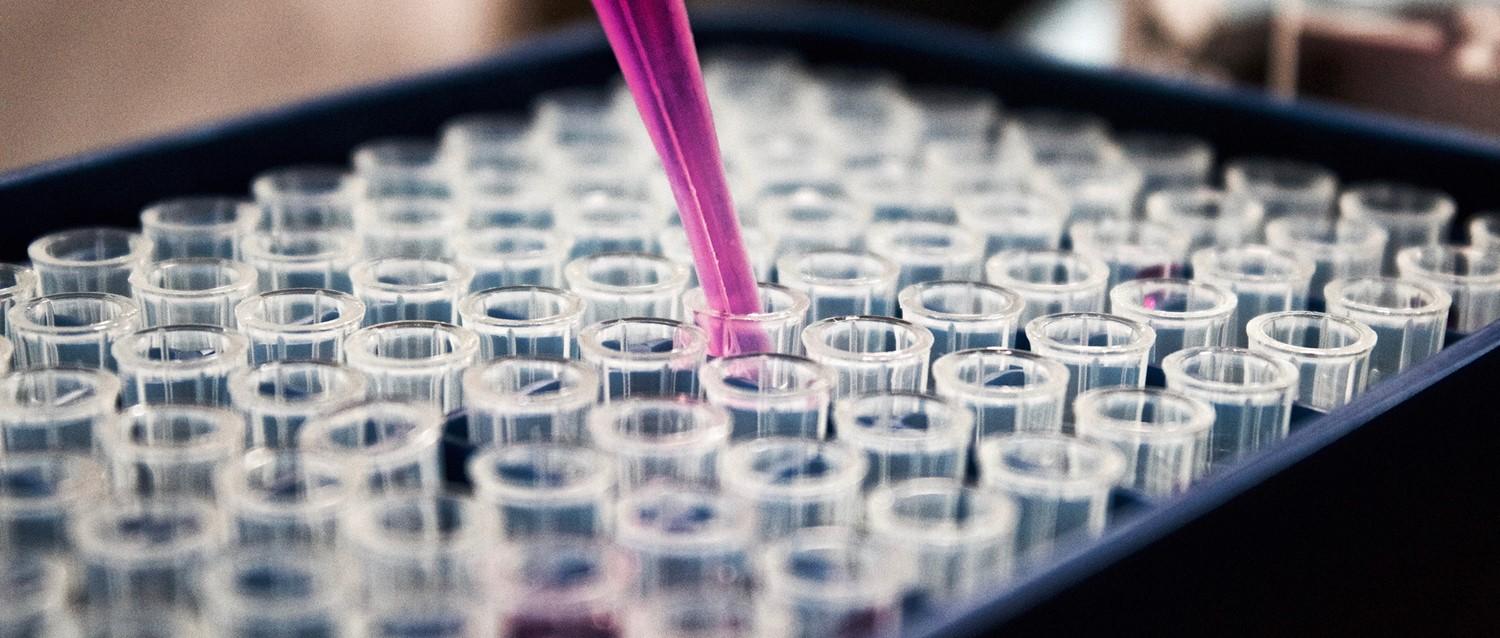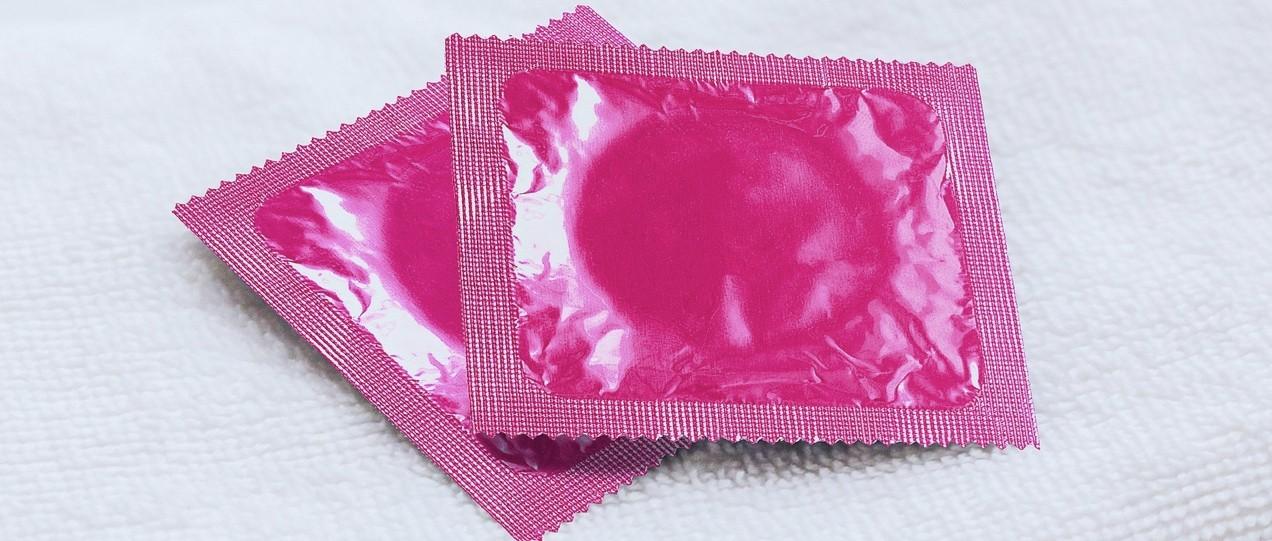
The STIs you've never heard of
Peer reviewed by Dr Sarah Jarvis MBE, FRCGPLast updated by Milly EvansLast updated 15 Aug 2019
Meets Patient’s editorial guidelines
- DownloadDownload
- Share
- Language
- Discussion
The World Health Organization (WHO) estimates that there are 1 million new diagnoses of curable sexually transmitted infections (STIs) every day across the world. But there are plenty of diseases the general public doesn’t even know exist.
In this article:
The latest figures from Public Health England (PHE) show that sexually transmitted infections (STIs) increased by 5% between 2017 and 2018. The report focused on the well-known infections - the ones many of us were warned about in school sex education: chlamydia, gonorrhoea, syphilis, HIV, genital herpes and HPV. But they also included 'new STIs' which are on the rise across the UK.
"STIs are rising in the UK because individuals are not practising safer sex (using condoms or testing before having sex with a new partner)," explains Anatole Menon-Johansson, medical director at young people's sexual health charity Brook. "This is combined with increased difficulty in accessing services and getting tested. Young people under 25 and MSM (men who have sex with men) are the most at-risk groups."
There are at least 20 different infections known to be transmitted through sexual contact - and many of them you've probably never heard of.
Continue reading below
Trichomoniasis
Worldwide, trichomoniasis is the most common non-viral STI with more than 270 million cases in 2008 - more than the combined total for chlamydia and gonorrhoea. It's still pretty rare in the UK but is most common in under-25s and is ten times more common in black ethnic minority populations than in the general population. There are only around 6,000 cases each year compared to over 200,000 cases of chlamydia.
Trichomoniasis can infect the genital area causing a greeny-yellow, 'frothy' vaginal discharge, discharge from the penis, pain when passing urine, itching of the genital area and discomfort in the abdomen. However, as with many STIs, most of the time there are no symptoms. It can be fully cured with antibiotic treatment.
Shigella
"Shigella is transmitted sexually but it can also be transmitted by poor hand hygiene,” explains Menon-Johansson.
Shigella is the name for a group of bacteria which causes gastroenteritis, a common condition which causes diarrhoea and vomiting, and dysentery.
Someone with shigella can pass it on through infected faeces (poo), including if it contaminates food or water. Men who have sex with men are particularly at risk as it can be passed on sexually through contact with the anus or contact with sex toys, fingers or genitalia which may have infected faecal matter on them.
It only takes a tiny amount of bacteria to get into your mouth to be infected. If you're worried you may have contracted it, as there aren't always symptoms, tell the healthcare professional that you may have picked up a stomach infection from sex.
Continue reading below
Donovanosis
When the UK saw one of its first recorded cases of donovanosis in August 2018, headlines reported a 'flesh-eating' and 'skin-rotting' STI. "We hardly ever see donovanosis in the UK except in those who have had partners in parts of Africa," according to Menon-Johansson.
Whilst painless and treatable, the most common type of ulcers caused by this STI are fleshy and red, bleeding when touched. Other types of ulcers can appear raised and irregular, a foul-smelling ulcer which causes tissue destruction, or scar tissue. Donovanosis has been shown to be a risk factor in HIV transmission due to the bleeding from ulcers. It is mostly found in tropical and subtropical areas, with men affected twice as often as women.
Mycoplasma genitalium (Mgen)
The British Association of Sexual Health and HIV (BASHH) released new NICE accredited guidelines to prevent the "emerging" pathogen Mycoplasma genitalium (Mgen) from becoming the next superbug as it becomes more antibiotic resistant.
Mgen is the smallest known bacterium which can self-replicate. Infection occurs through genital-to-genital contact or genital-to-rectum contact, affecting 1-2% of the population, more commonly in non-white ethnic groups, smokers and those with multiple sexual partners.
Most people have no symptoms and, unaware of the condition, can develop complications such as pelvic inflammatory disease, sexually associated reactive arthritis, premature birth, miscarriage, stillbirth and pain and swelling of the testicles. If Mgen becomes completely antibiotic resistant, up to 3,000 women who have Mgen-caused pelvic inflammatory disease would be at risk of infertility each year in the UK.
Continue reading below
Lymphogranuloma venereum (LGV)
Most people have heard of chlamydia. But have you heard of LGV? It is a type of chlamydia which attacks the lymph nodes. It can be picked up by an ordinary chlamydia test but requires longer treatment than chlamydia. It's been rare in the UK since the early 2000s but there has been a series of outbreaks, mostly affecting HIV-positive men who have sex with men.
LGV often has no symptoms, especially in women, or can cause symptoms such as blistering, pain in the lymph nodes in the groin, fever and tiredness, as well as inflammation of the lining of the rectum in men.
If left untreated, the symptoms become more severe, causing lasting damage to infected tissue and overall health, and reactive arthritis, scarring, swelling and deformity in some cases. Patients may experience swelling of the lymph nodes, and the genitals, ulcers and damage inside the rectum or vagina. Most people recover before they develop complications.
Do you need to worry about these STIs?
Many of these little-known STIs are rare in the UK or tend to be specific to certain populations. Media chair of BASHH, Dr Mark Lawton, says that because there aren't many cases, people simply don't know about these STIs.
"Many of these STIs are less well known as they are much less common than say chlamydia or gonorrhoea. Specialist sexual health services will test for them when clinically indicated. Mycoplasma genitalium has only recently started to be tested routinely and less is known about why it affects some people and not others."
As with all STIs, prevention is better than a cure. Using barrier methods is the only way to protect yourself and your partner(s) from STIs, regardless of your sexuality or gender, so make sure to use a condom for penetrative and oral sex with a penis or sex toys and a dental dam for oral sex with a vulva or anus.
"Condoms will significantly reduce the risk of catching STIs and should be used with any new or casual partners wherever possible and should be packed, along with sunscreen, when going on holiday. Anyone who has had unprotected sex or is worried about STIs, should visit their local sexual health service for a check-up," says Lawton.
"Most online testing services do not test for these rarer STIs," explains Menon-Johansson. "Consequently, if a patient has symptoms and they have tested negative for chlamydia and gonorrhoea then they should go to a clinic to discuss testing for Trichomonas vaginalis (TV) and Mycoplasma genitalium."
They might be rare, but knowing what is normal for you and being able to notice changes in your sexual health can help you to spot STIs and get tested to protect your own and your partner's health.
Patient picks for Sexually transmitted infections

Sexual health
Calls for improved access to sexual health services as STI rates soar
A new report from Public Health England (PHE) shows an increase in sexually transmitted infections (STIs) in England last year compared to 2017.
by Milly Evans

Sexual health
How often should you visit a sexual health clinic for a check-up?
In 2020 there were 318,000 STI diagnoses in England, according to Public Health England. Last year there was also a 10% decrease in consultations at sexual health services compared with 2019. However, the importance of regular sexual health check-ups remains higher than ever.
by Emily Jane Bashforth
Continue reading below
Article history
The information on this page is peer reviewed by qualified clinicians.
15 Aug 2019 | Latest version

Ask, share, connect.
Browse discussions, ask questions, and share experiences across hundreds of health topics.

Feeling unwell?
Assess your symptoms online for free
Sign up to the Patient newsletter
Your weekly dose of clear, trustworthy health advice - written to help you feel informed, confident and in control.
By subscribing you accept our Privacy Policy. You can unsubscribe at any time. We never sell your data.